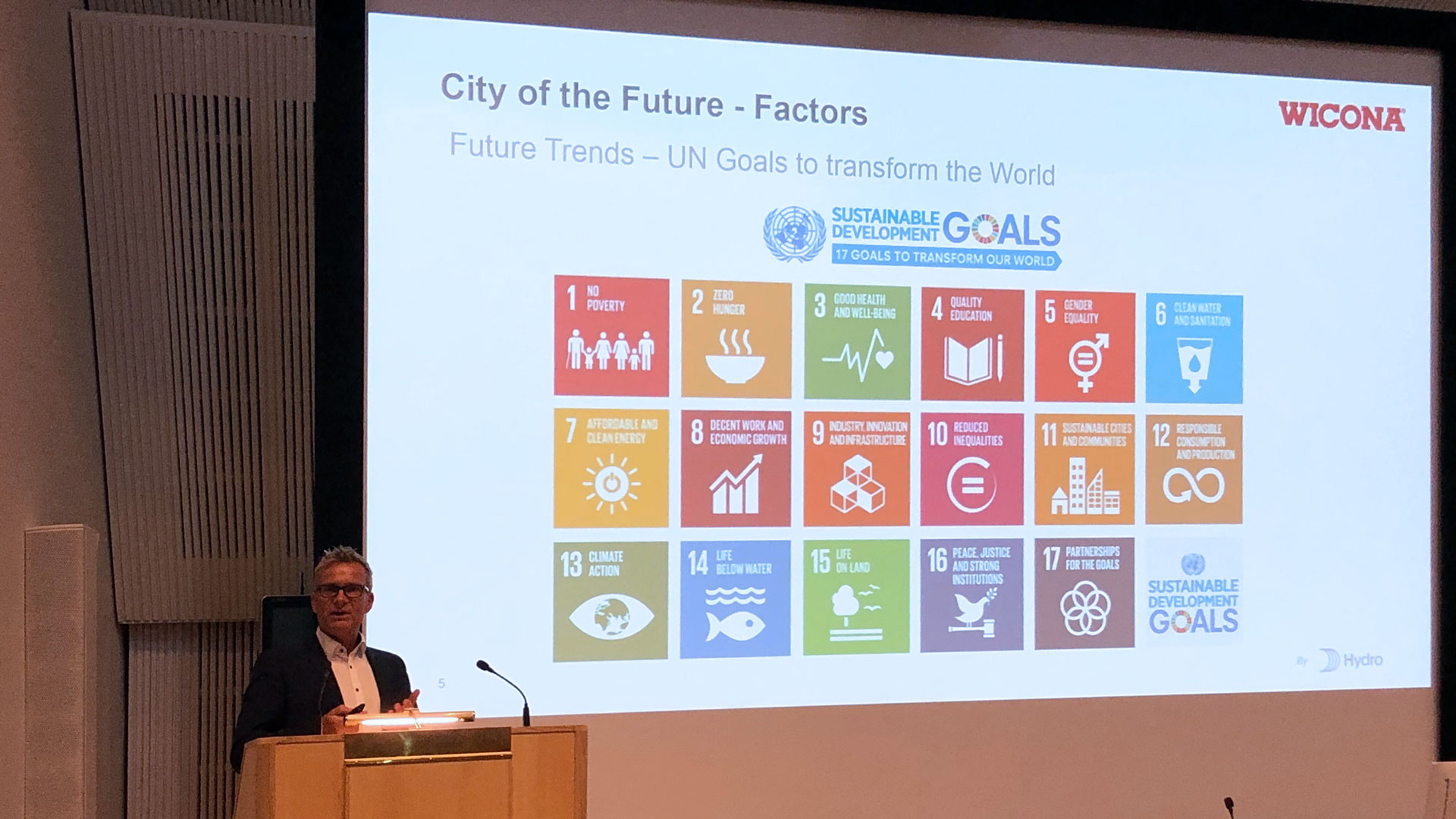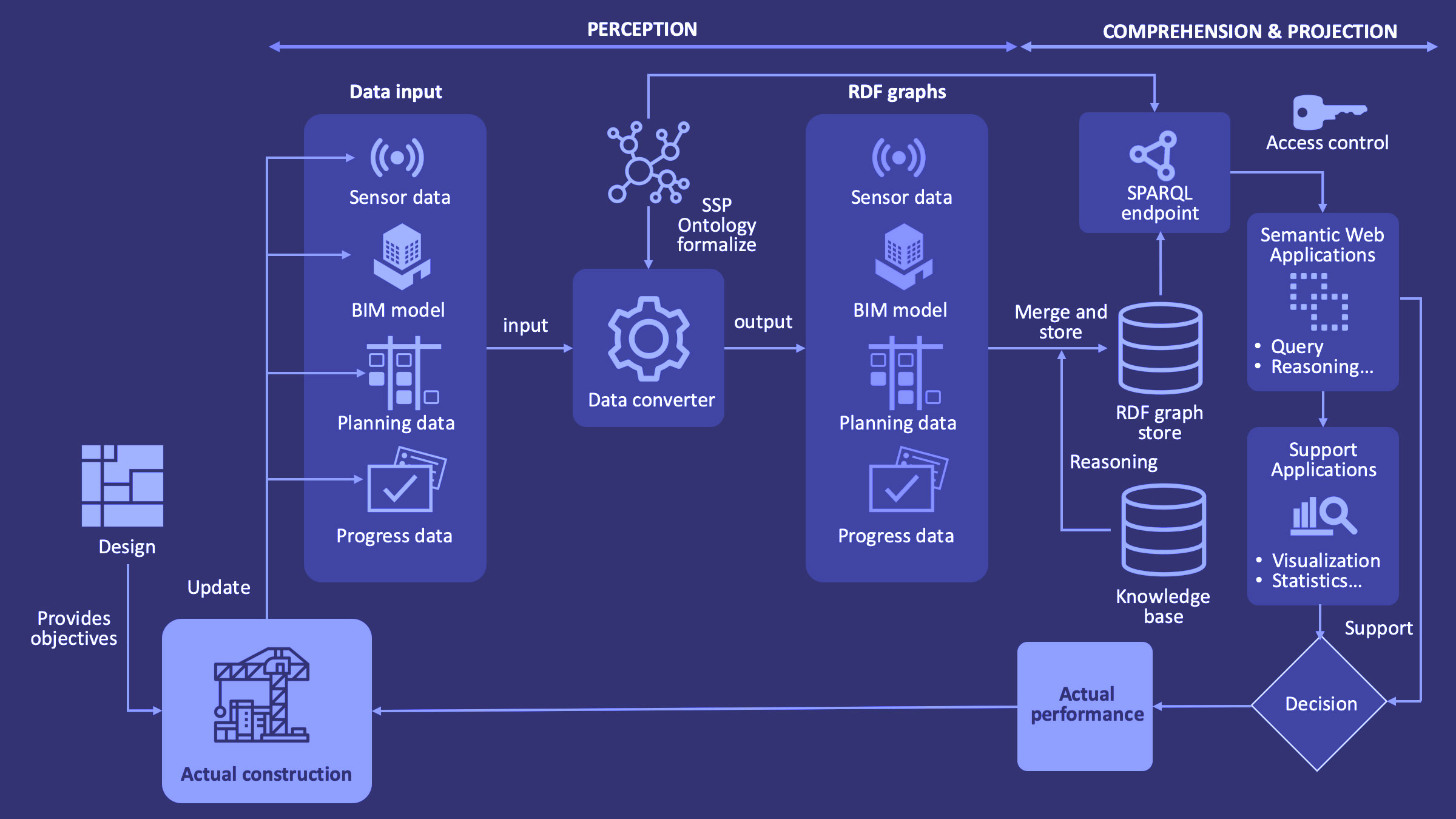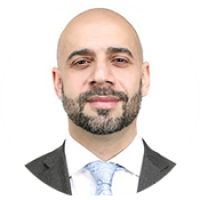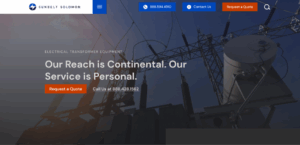I was recently interviewed by Fabian Saverimuttu, Business Development Consultant specializing in AEC & Manufacturing. We discussed the impact of Covid-19 on the construction industry, what is needed to survive, and forecast what the future will look like for this sector.
FS: It’s been about 18 months since our last interview. How have you been keeping yourself busy since then?
AH: Among other things, I’ve helped Aalto University and their partners get the word out about their R&D projects on digitalized construction. Finland’s Ministry of the Environment commissioned my company to visualize various aspects of a built environment using digital information. We helped a very interesting construction AI startup, Aiforsite, with their video marketing. As a result of the lockdown measures, we’ve also live-streamed several events on built environments to international audiences.
Just before the COVID-19 outbreak, my company moved to new premises in downtown Helsinki. We’re now on the Maria 01 Campus, one of the leading startup hubs in Europe. We have a studio there and share a fantastic ecosystem space with built environment trailblazers. Before it was modernized, the building used to be a hospital. It was originally built in 1908. The space is hosted by KIRAHub, an organization that is working to achieve sustainable digitalization of the built environment.
FS: We are already feeling the impact of COVID-19 on the AEC sector. What strategies are organizations using to ensure their long-term survival?
AH: This industry has always been cyclical. Typically, it is one of the last to feel the impact of an economic slowdown. Unlike typical downturns, however, this crisis will have an impact on the end products that the industry produces.
First, businesses need to start preparing for that change. Companies that are change leaders rather than followers have a better chance of survival. They must anticipate their clients’ future needs but also be active in creating new solutions. Second, I would suggest that companies start implementing lean methodologies and digitalize their processes wherever possible. Third, it’s time to invest in education. People are the most important asset in the industry, and they need to keep their skills up to date.
FS: It’s natural for organizations to consolidate during uncertain times but this can lead to stagnation. How should companies balance consolidation with innovation, specifically around the adoption of digital technology?
AH: Many companies want to get rid of all their “non-essential” costs when their economic prospects deteriorate. Unfortunately, they think that innovation, development, and marketing are not essential. I can understand that, but disruptive times provide the best opportunities for innovation.
The profit margins of most companies in the construction industry are poor. I think that now is the perfect time to start focusing on profitability. That means businesses should make a critical appraisal of how they currently do things and look for ways to improve or radically change their current practices. They should even consider rethinking their entire business model.
Research by Aalto University has revealed the unbelievably low level of productivity at every stage of a construction project. Digitalization, coupled with takt production and other lean methods, can boost productivity and profitability.

FS: As the construction industry emerges from lockdown, it is time to rethink construction and change the way clients, contractors, and their supply chains approach projects. How important will better collaboration be?
AH: Poor collaboration is one of the root causes of poor productivity. If you sub-optimize your own work and focus on your own business, the project suffers. Alliancing, IPD, and other collaborative models have achieved good results in this respect. If all the participants share the goals, risks, and rewards, they can see the causalities better. In addition, construction workers and subcontractors should be involved in planning and scheduling. They have a lot of experience and knowledge that is often ignored.
FS: Environmental factors, sustainability, and ethical sourcing are being given more weight in tendering. Will this attitude need to be rethought in light of the current circumstances?
AH: The environment and our impact on it have not changed, even if the lockdown has temporarily reduced emissions. Environmental issues are as important as ever, since the goals that nations have committed to are ambitious, at least in the EU. If we ignore the environment now, the actions we need to take in the future will be even more radical. For construction, achieving a circular economy and reducing emissions throughout the construction lifecycle are essential.
AEC companies must not limit their thinking to individual projects. They should treat sustainability as a strategic and ethical approach. Value-based selling is important, as many clients want to work with consultants and suppliers who share their values.

FS: Wearable devices, smart sensors, IoT, and edge computing are creating the next generation of construction sites, factories, offices, etc. With real-time analysis available through cloud computing, what do you think will be the major breakthroughs over the next 5–10 years?
AH: I think that construction sites, manufacturing, and logistics will become integrated. Data will flow across projects, tasks, and organizations. It will make construction more industrialized than today and process automation will prevail. AI will be used in almost all applications to give designers and construction workers “superpowers.” I also think that the data will start to flow before a construction project starts and continue once it’s completed.
The question is, how do we make all the systems work together? It seems that data platforms will be as essential as various applications are today. Also, in the near future, it will be crucial that we organize data so that it is machine-readable.

FS: Which AEC influencers, organizations, and technologies should we be following and why?
AH: Learning about their clients’ businesses is something that construction firms often neglect. You need to follow what’s happening in your clients’ world! I would like to remind everyone that universities and other research organizations, like Aalto University in Finland, have a lot of new ideas and results that could be turned into business solutions.
Data scientists and AI developers will be essential in the future and I encourage you to learn more about what they can do for you. Also, the companies and individuals developing sustainable smart city solutions are worth checking out. The need for sustainability will not go away in the coming decades.
I would also recommend AEC firms to extend their horizons beyond their familiar circles and learn from other industries, like shipbuilding, digital platform providers, and robotic manufacturing. The AEC Hackathon is another an excellent environment for getting to know and working with new people, many of whom will be the change makers of the future. I’ve been involved in organizing the World Summit on Digital Built Environment 2020 (wdbe.org). This online event in September will be a completely new virtual experience – not just talking heads in a video conference.
FS: How can people connect with you to learn more about what you are doing in the AEC sector?
AH: They can visit my blog and podcast at AEC-Business.com and connect with me on LinkedIn. If they’re interested in becoming thought leaders and influencers in their field, we can talk about the services that my company, AE Partners, provides.
About the interviewer

Fabian Saverimuttu is a Business Development Consultant specialising in AEC & Manufacturing. With over 20 years in the ICT industry he was worked with some of the largest AEC organisations globally in the areas of Cloud Computing, Unified Comms, AI & ML, IoT and Cyber Security. He is the founder of the “Technology Leaders for Construction” Group and is a regular contributor to Construction News. Fabian holds an Executive MBA from Henley Management College, UK.
Fabian LinkedIn Profile: https://www.linkedin.com/in/fabiansaverimuttu/
Company Profile: https://www.rackspace.com/
Download Construction Cloud Solutions, a paper provided by Rackspace.



Responses